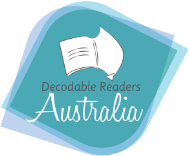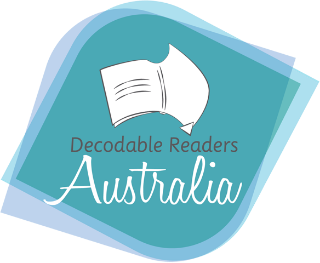
Shop
Main Fiction Series
Early Readers Fiction Series
Non-Fiction Series
Decodable Tales Fiction Series
Decodable Chapters Series
Extended Code Collection
Complete Sets Bundles
Individual Sets
Guided Reading Sets
SOR Toolkits
SPARKLE Assessment
Decodable Readers' Theatre
Fluency Passages
Online Library
Workshops & Professional Development
Learning Lounge
Cart
Series 1 - All About Decodables
Series 2 - SOR Teaching Snippets
Series 3 - Benefits of an Online Library
Series 4 - Tune Into The Sounds of Reading
Series 5 - Evidence Based Resources
Series 6 - Assessment and Response
Series 7 - What the Experts Say
Series 8 - Celebrating SOR Influencers
Series 9 - Literacy Insights - Instruction In Action!



